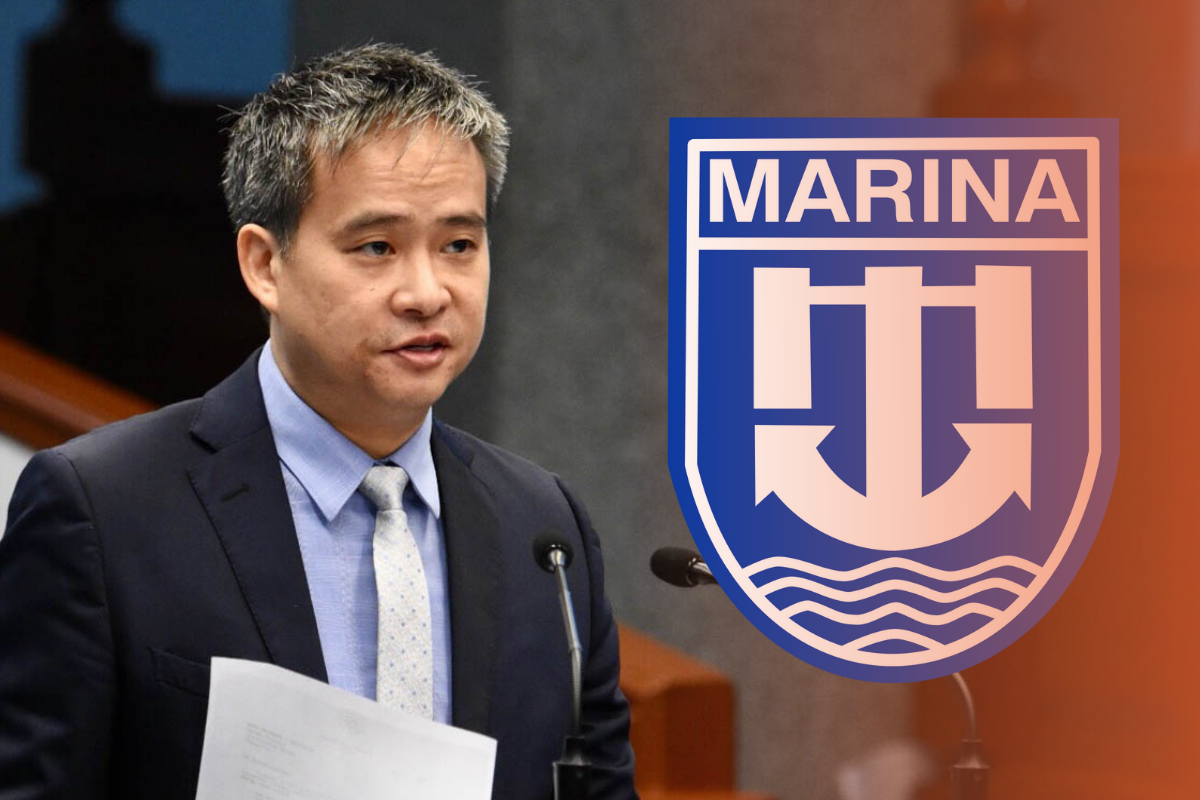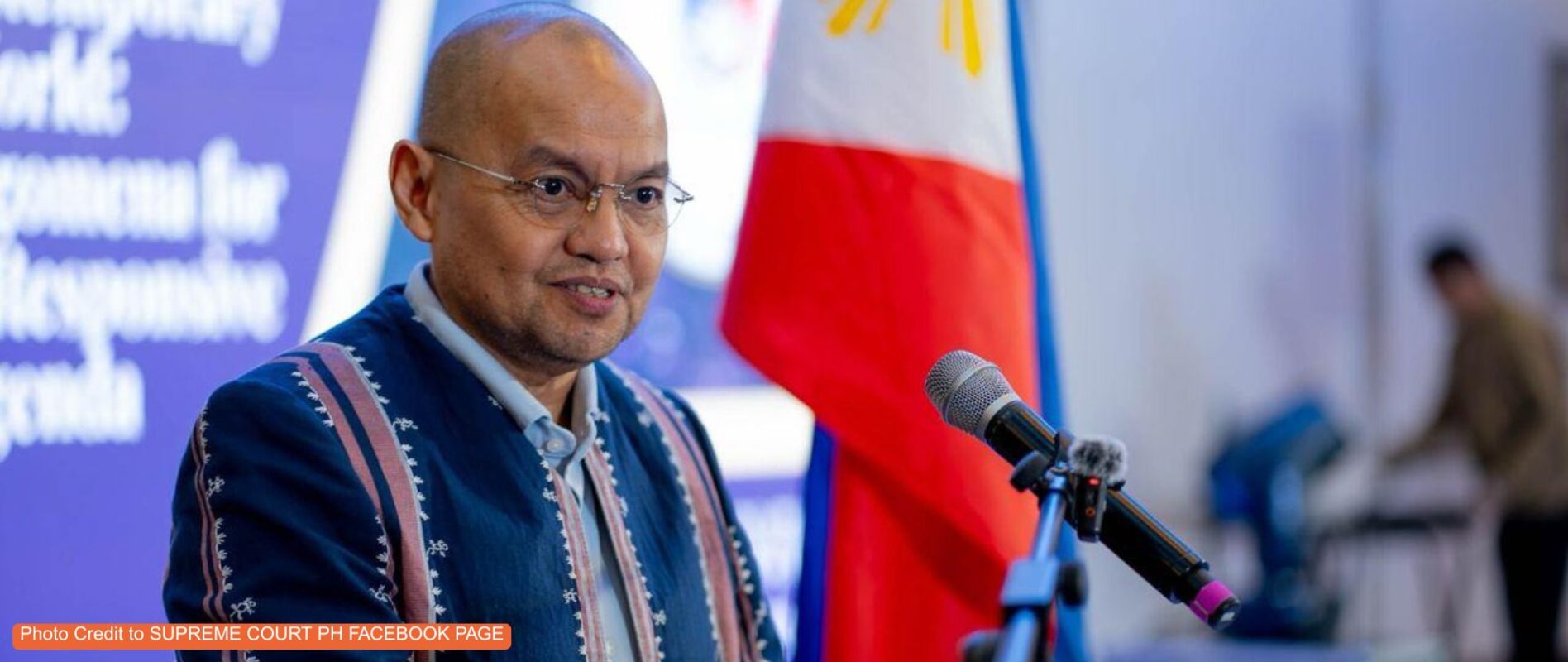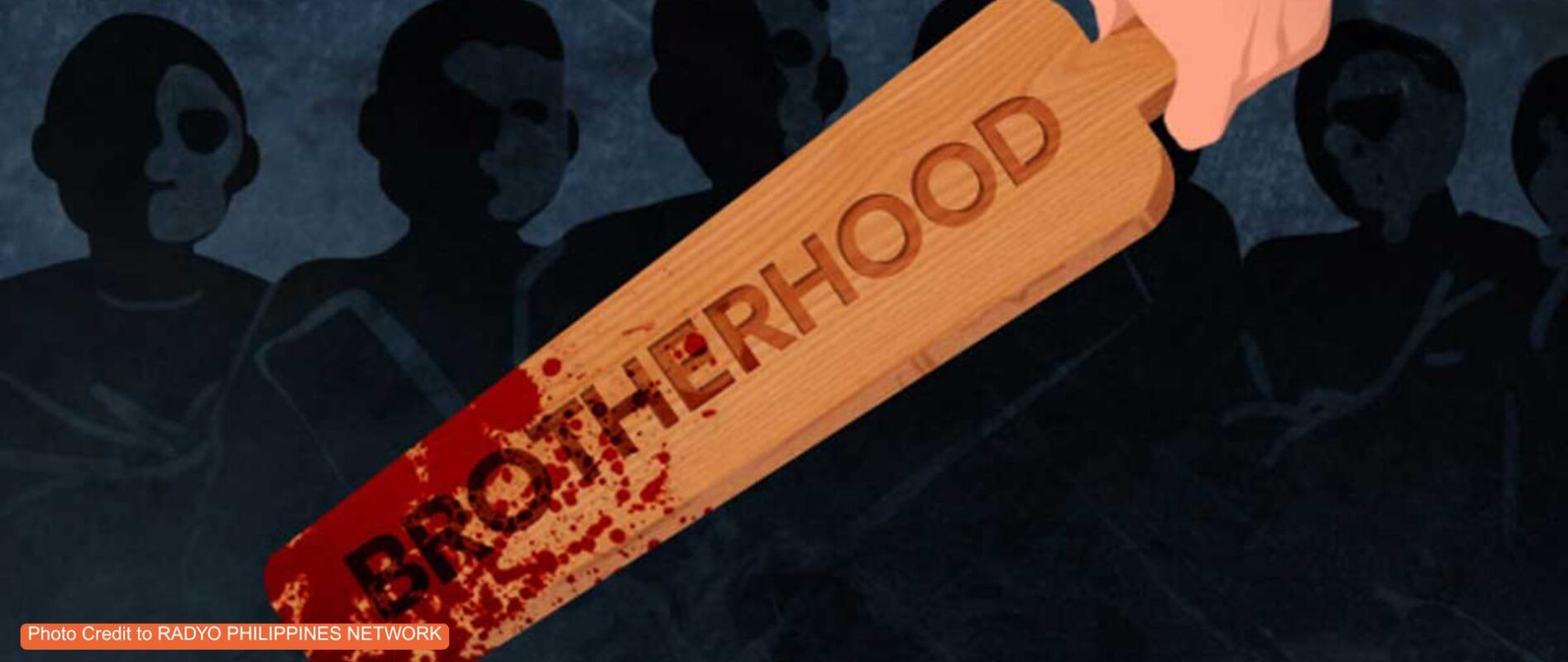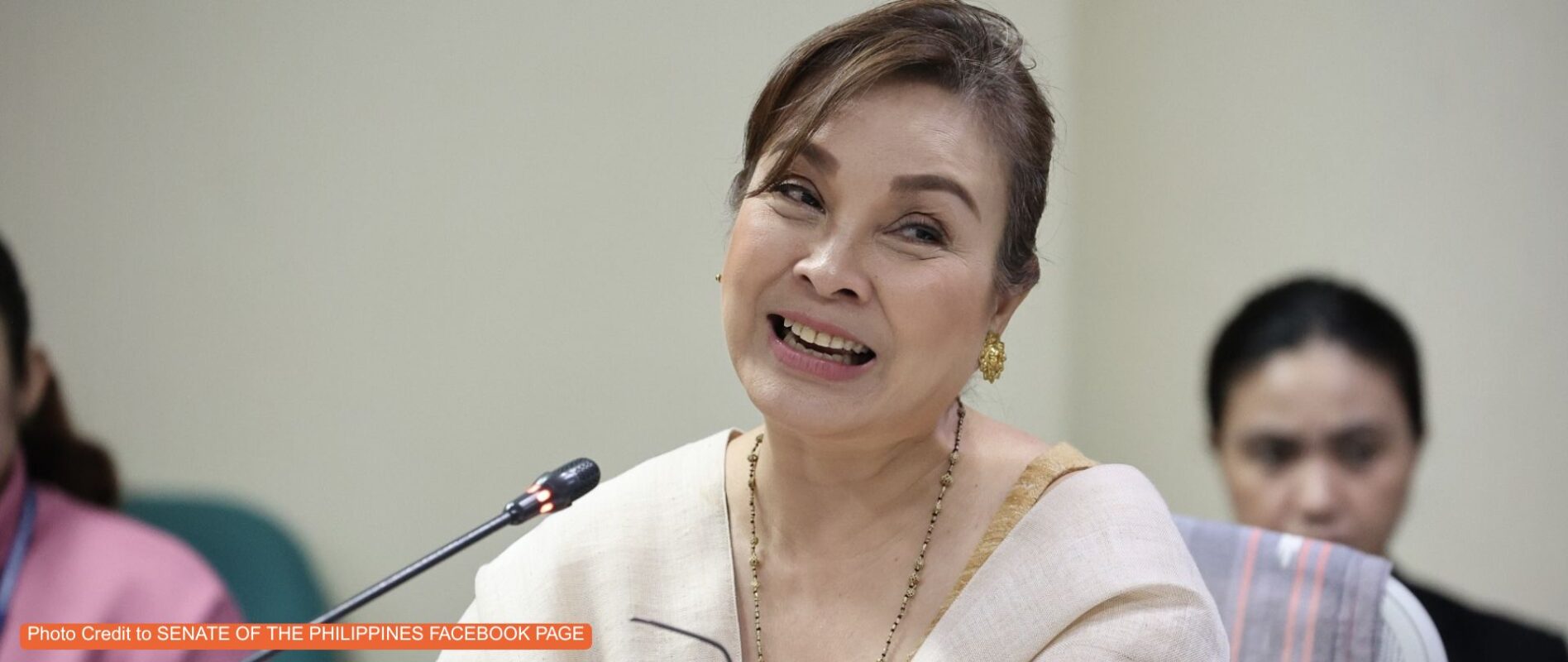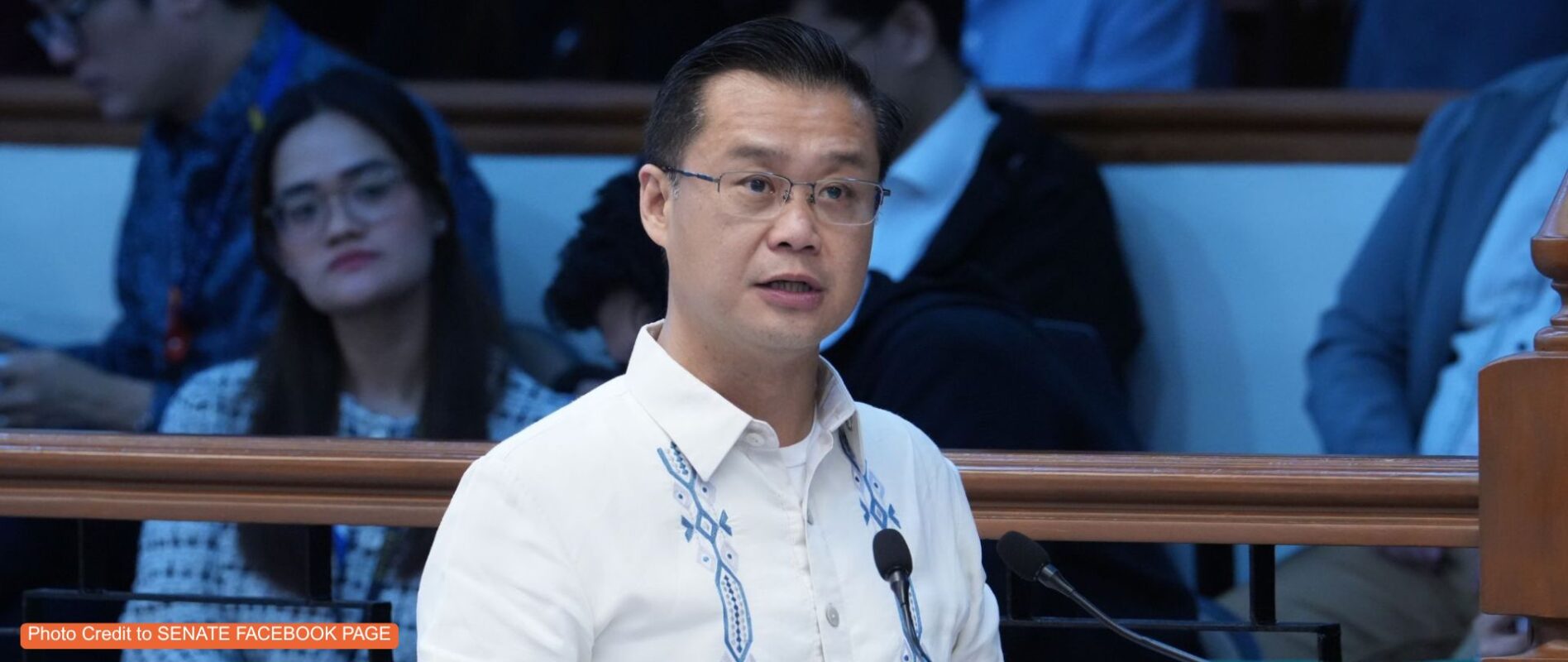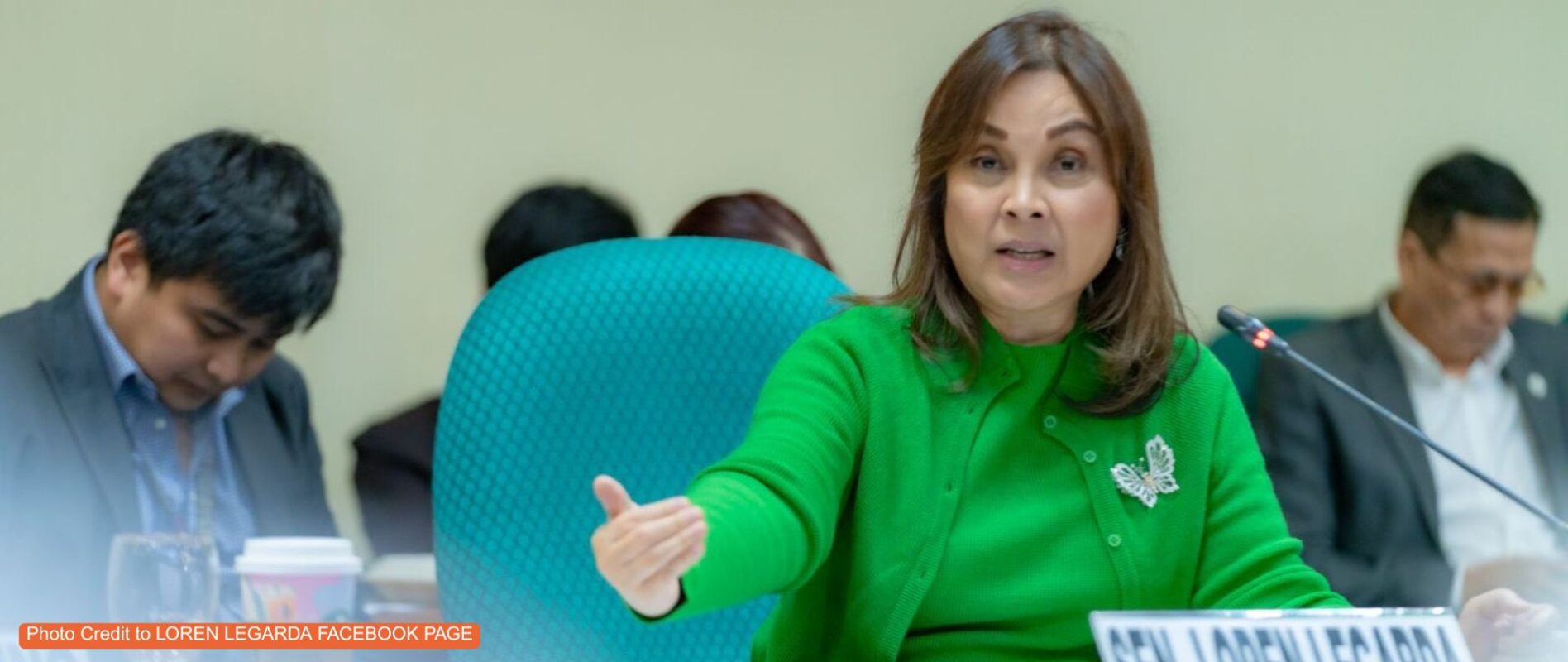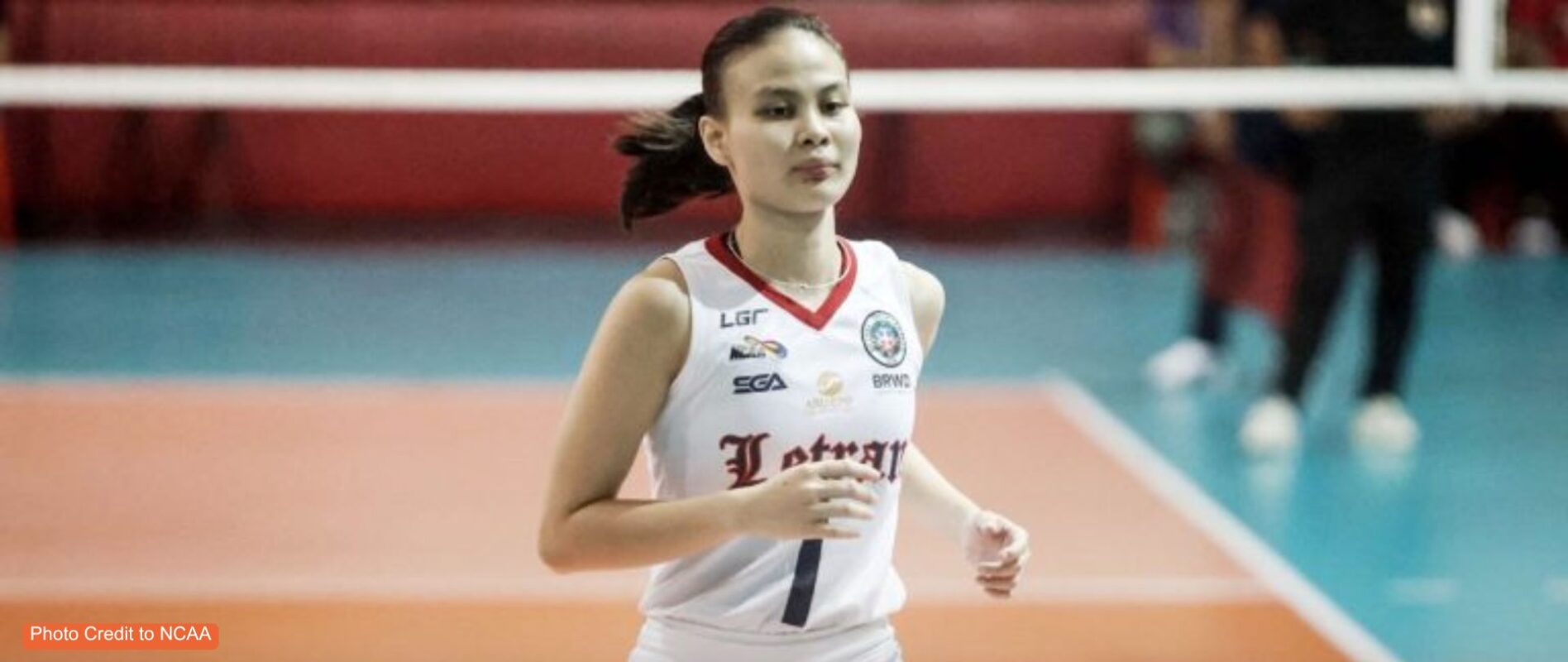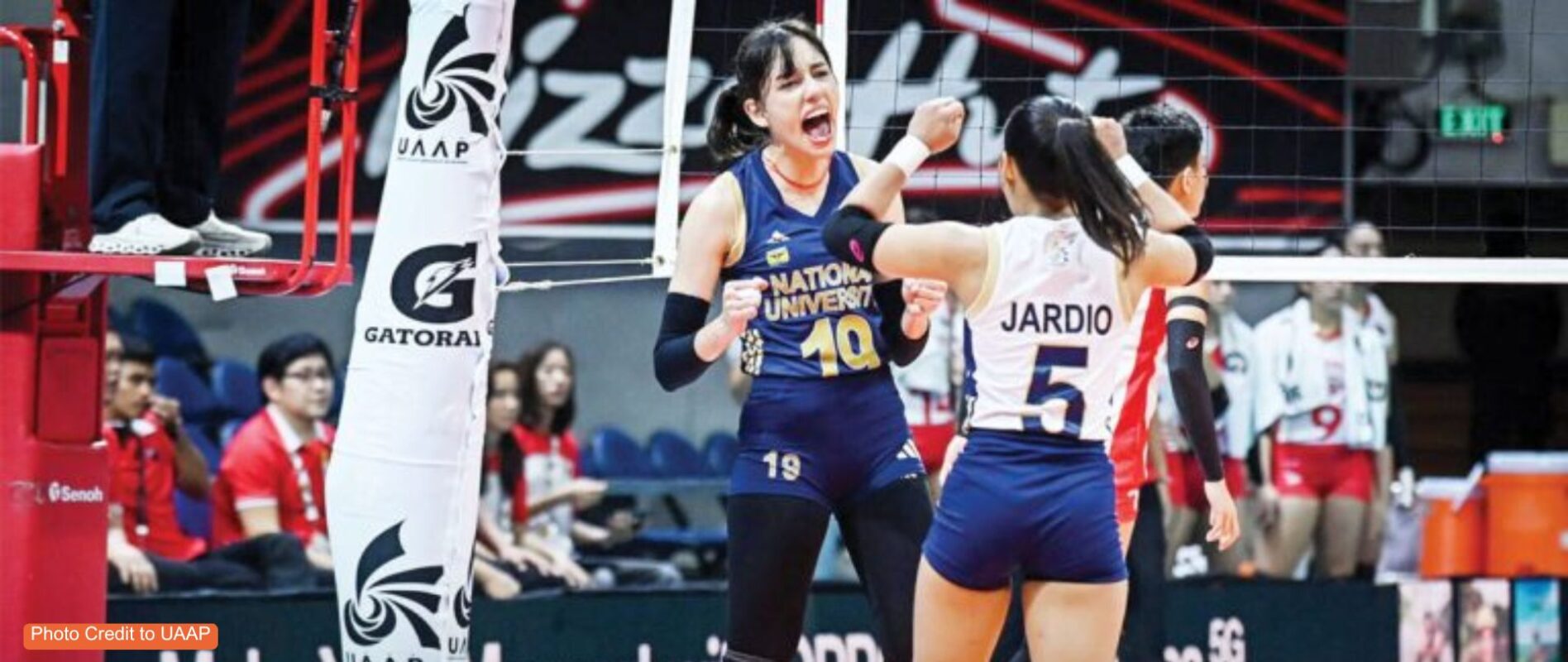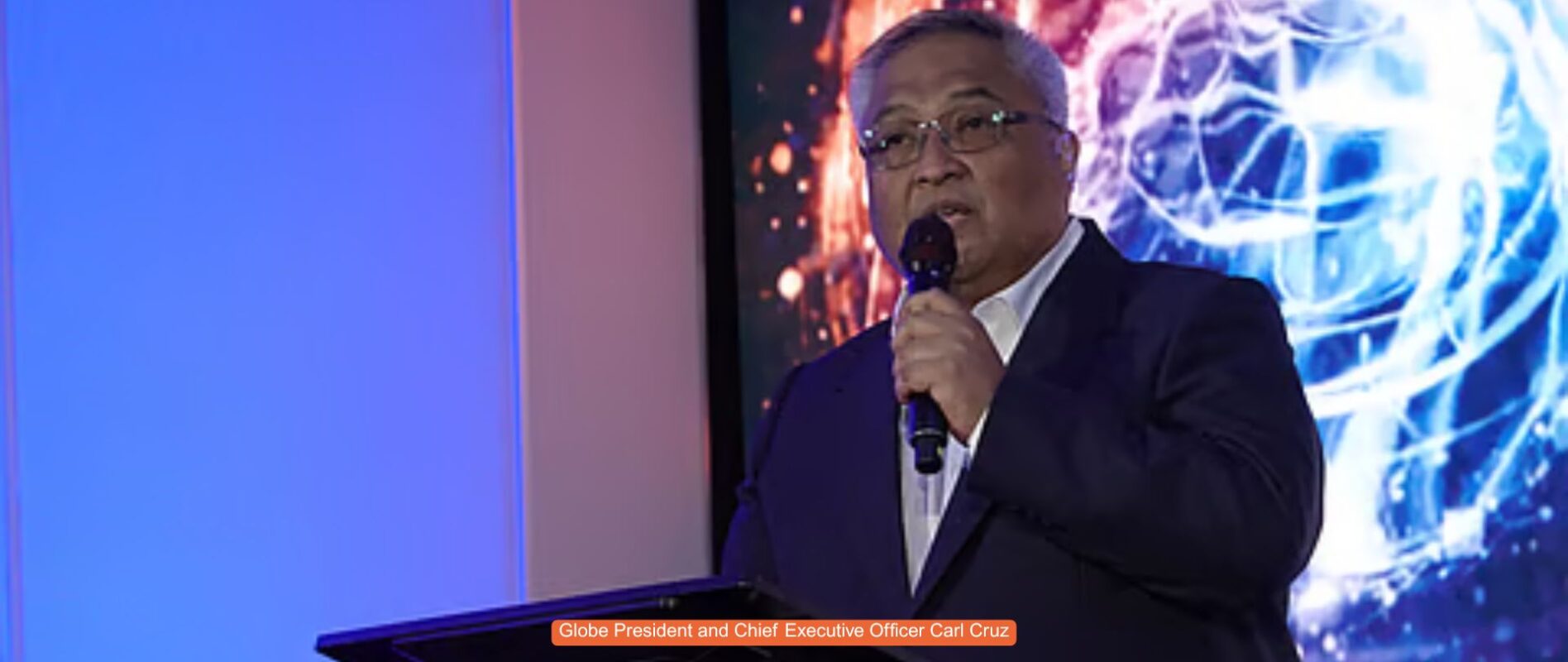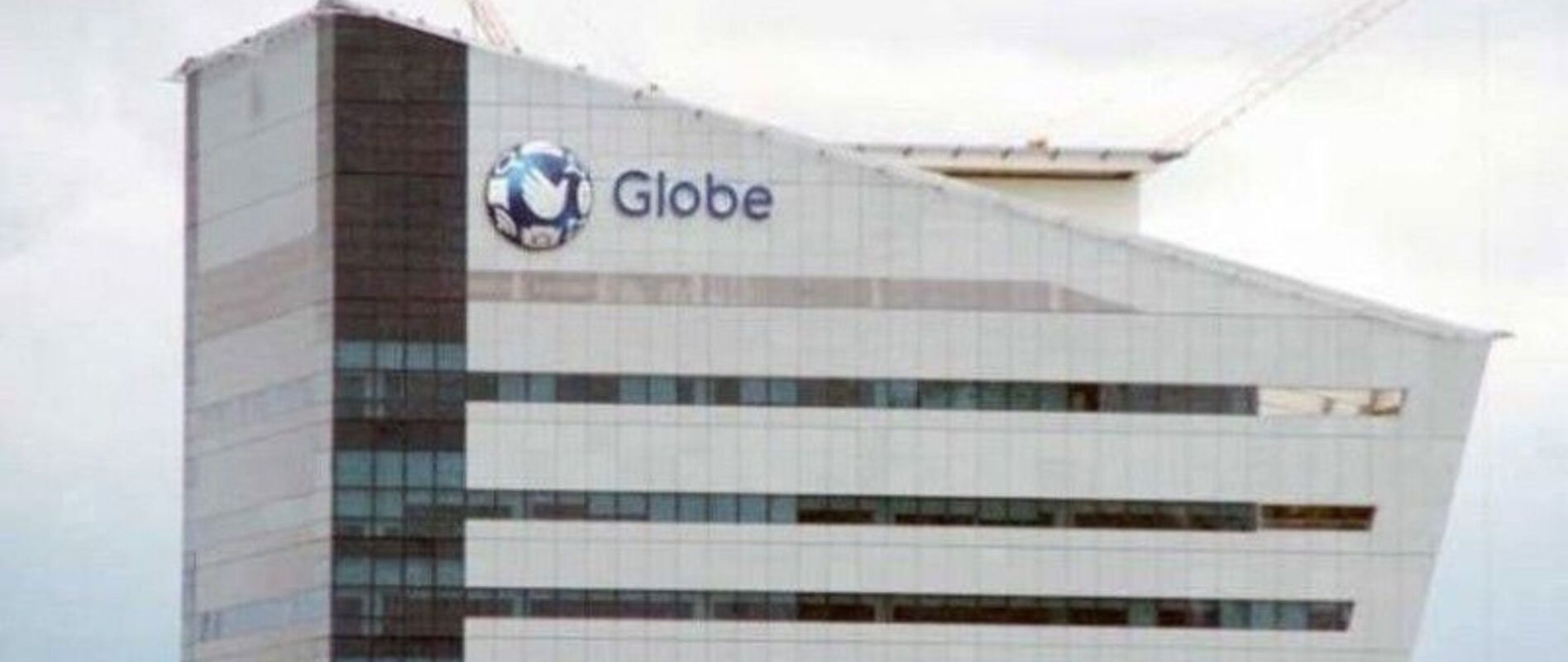SENATOR TO MARINA: ENSURE QUALITY OF MARITIME GRADUATES
SENATOR Joel Villanueva asked the Maritime Industry Authority to focus on ensuring the quality of maritime graduates instead of curtailing access to maritime schools.
“Access to education and skills training is as important as raising the quality of education for our maritime schools. We are denying Filipinos access to quality-assured education and training opportunities with this 5-year ban,” Villanueva said, referring to the agency’s proposal of a 5-year moratorium on new maritime schools.
The senator said that adding new maritime schools can be considered as opportunities for superior maritime institutions compliant with the requirements of the International Convention on Standards of Training, Certification, and Watchkeeping For Seafarers and global quality assurance standards.
The new maritime education and training providers can be accredited according to the program standards and guidelines which, supervised properly, can easily pass any international compliance audit like the European Maritime Safety Agency.
“The bigger issue is why are there existing maritime institutions that are still in the accredited list that do not pass the audit of foreign accrediting agencies?” the senator asked.
The chairman of the Senate Committee on Labor, Employment and Human Resources Development proposed that instead of a complete ban, MARINA should ensure that the standards of existing and new maritime schools comply with the global standards.
“This needs more study and consultation with concerned stakeholders, so we can provide grounds for the next administration to consider and implement,” Villanueva said.
The senator said he aims to strengthen maritime education and training to address the deficiencies cited in a recent audit of the EMSA like the shortcomings in seafarers’ education system, lack of inspection and evaluation of schools, lack of simulators and poor on-board training.
A final negative report by the European Commission on the Philippine maritime education system will likely displace thousands of Filipino seafarers serving on European vessels as the EU may stop recognizing certificates and permits issued to Filipino seamen from a negative EC report.
“This will be a big blow to the Philippine reputation as a major supplier of maritime officers and seafarers, and also to the lives and livelihood of Filipino families who are dependent on continuing recognition of the excellence of the Philippine maritime education and training,” Villanueva said.
The Marina reportedly said it submitted last month the agency’s strategic corrective actions to the EMSA to raise the country’s maritime education standards.
Aside from the 5-year ban on creating new maritime schools, Marina said it is implementing several reforms to address issues cited by EMSA.
These include hiring more staff to help monitor and evaluate schools and training centers for seafarers, automating the agency’s services and applications and lowering fees for permits and certificates.

